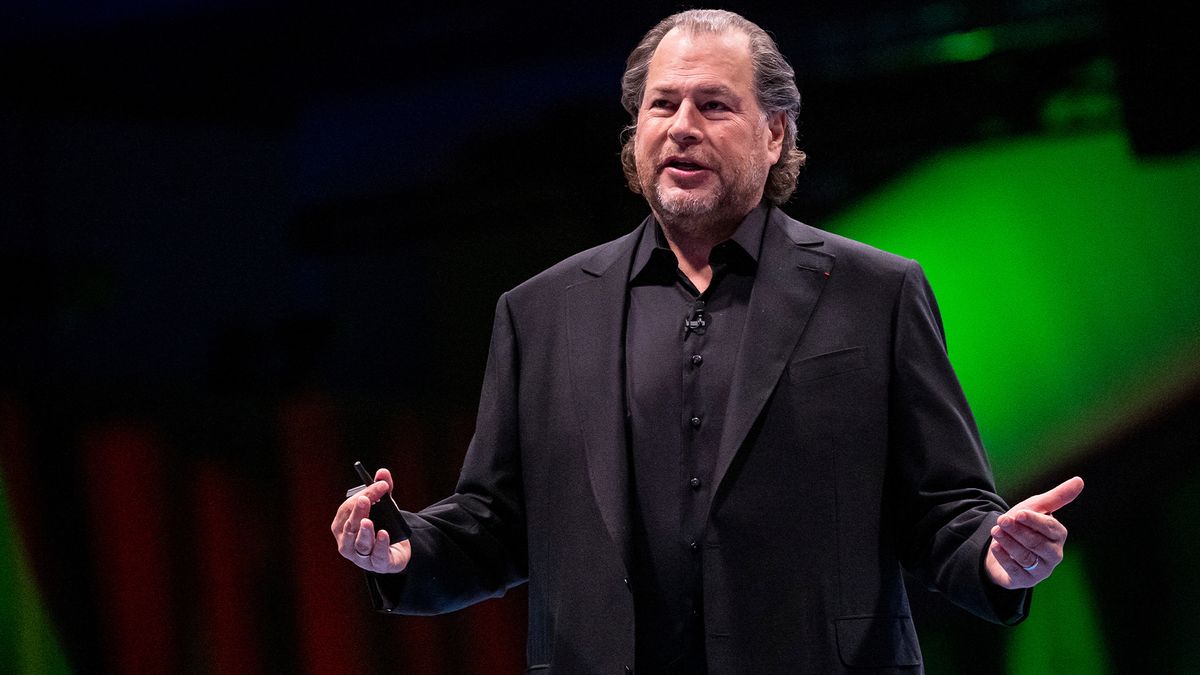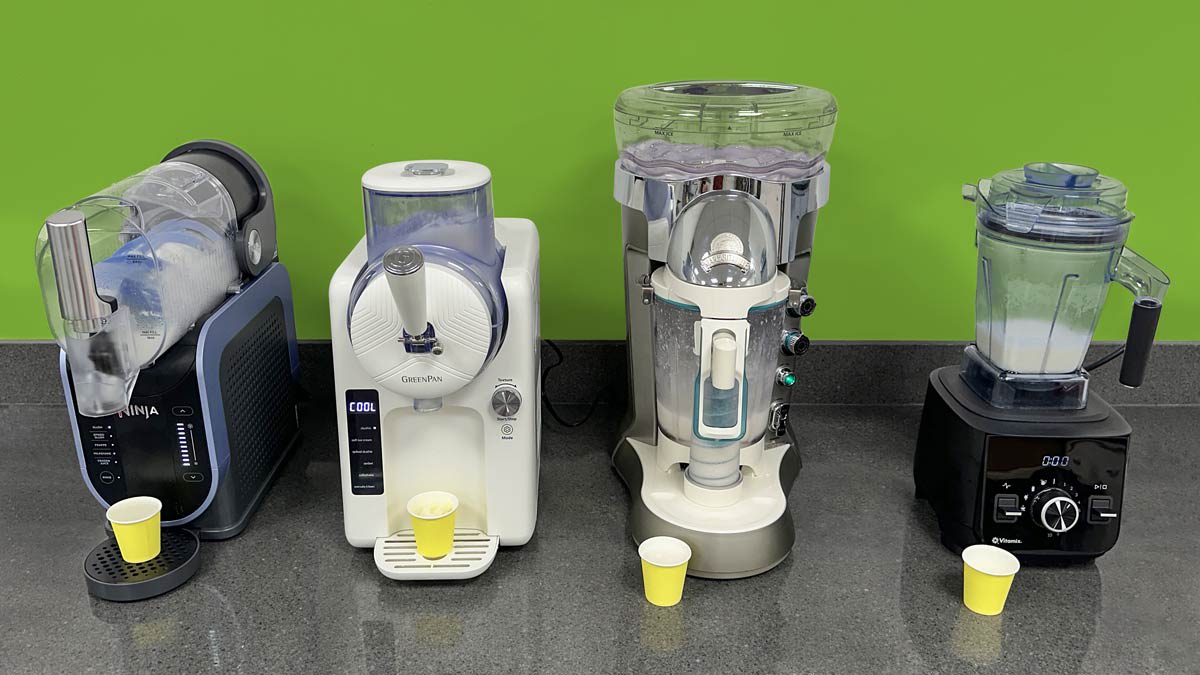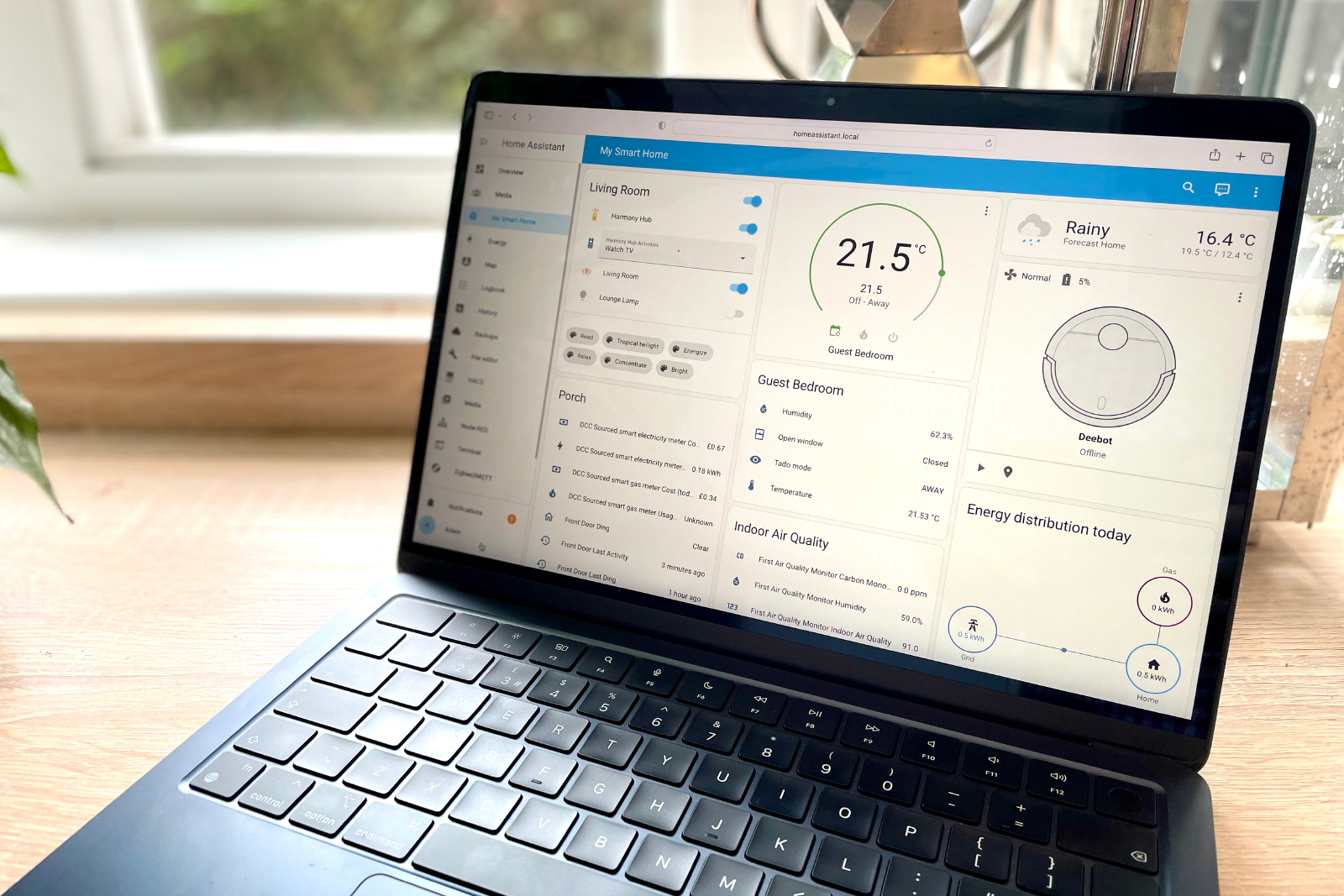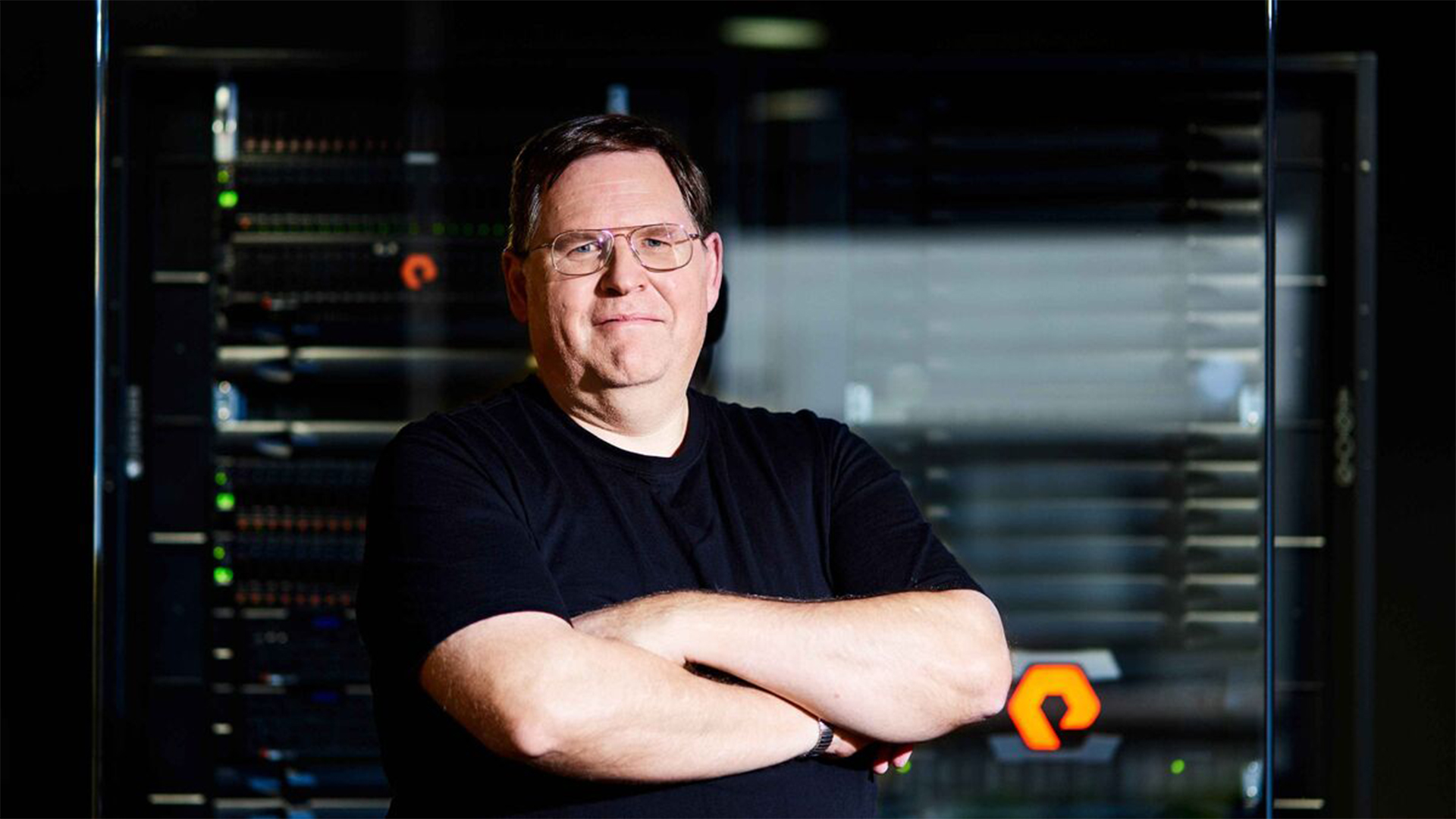“I have yet to find anyone who’s had a transformational experience with Microsoft Copilot”: Salesforce CEO Marc Benioff hits out at Microsoft’s AI assistant once again – and he isn’t holding back

Salesforce CEO Marc Benioff has fired yet more shots at Microsoft Copilot on social media, accusing the tool of being poor quality and doubling down on a previous comparison with Microsoft Clippy.
Benioff first described the tool as a disappointment in a post to X, criticizing it for its supposed poor functionality, lack of accuracy, operating insecurely, and failing to deliver value for customers that he’s spoken to.
“When you look at how Copilot has been delivered to customers, it’s disappointing. It just doesn’t work, and it doesn’t deliver any level of accuracy. Gartner says it’s spilling data everywhere, and customers are left cleaning up the mess,” Benioff wrote.
“To add insult to injury, customers are then told to build their own custom LLMs. I have yet to find anyone who’s had a transformational experience with Microsoft Copilot or the pursuit of training and retraining custom LLMs. Copilot is more like Clippy 2.0,” he added.
Here he reiterated a comment made at Dreamforce 2024 in which he also compared Copilot to Microsoft Clippy, an infamously irritating virtual assistant first rolled out in 1997.
Benioff appears to be on a bit of a roll, posting another critical message following Microsoft’s announcement of new agents for its Copilot service. The Salesforce exec seemed even more aggressive here, taking aim at Microsoft’s credentials as an enterprise AI provider.
“Microsoft rebranding Copilot as ‘agents’? That’s panic mode. Let’s be real—Copilot’s a flop because Microsoft lacks the data, metadata, and enterprise security models to create real corporate intelligence,” Benioff wrote. He also tripled down on the Clippy rhetoric in this post, calling it “Clippy 2.0.”
The agentic AI rivalry intensifies
Benioff used the second half of his most recent post to talk about the relative advantages of Salesforce’s AI platform, Agentforce, which the company officially unveiled at its Dreamforce conference last month.
“Agentforce is transforming businesses now. Agentforce doesn’t just handle tasks—it autonomously drives sales, service, marketing, analytics, and commerce. With data, LLMs, workflows, and security all integrated into a single Customer 360 platform: This is what AI was meant to be,” he wrote.
When Benioff first accused Copilot of being a glorified ’90s assistant at Salesforce’s flagship conference, he also spoke at length about how the overall AI market has been failing customers through a lack of value.
“You’ve deployed copilots, you’ve trained and retrained your models, two three hundred billion dollars invested in the industry so far in these AI platforms, but how much productivity increases are you getting?” he said at the time.
By comparison, Agentforce is meant to represent a change in this narrative. It allows customers to create customizable agents that can act autonomously to complete tasks. Microsoft’s latest agentic update to Copilot is designed to do a similar thing.
But the tech giant isn’t the only industry stakeholder ramping up the development of AI agents. Google Cloud, for example, has launched its own agentic AI service, and thus far the signs have been promising for users, according to the firm.
Source link











